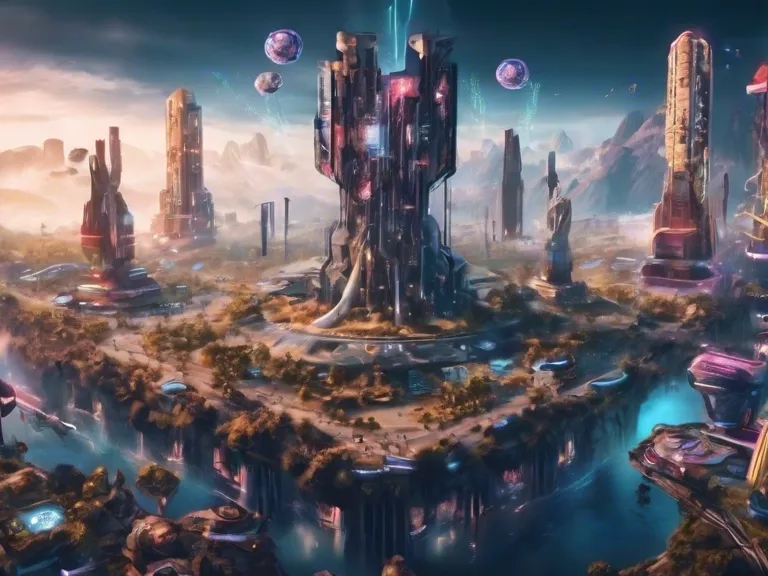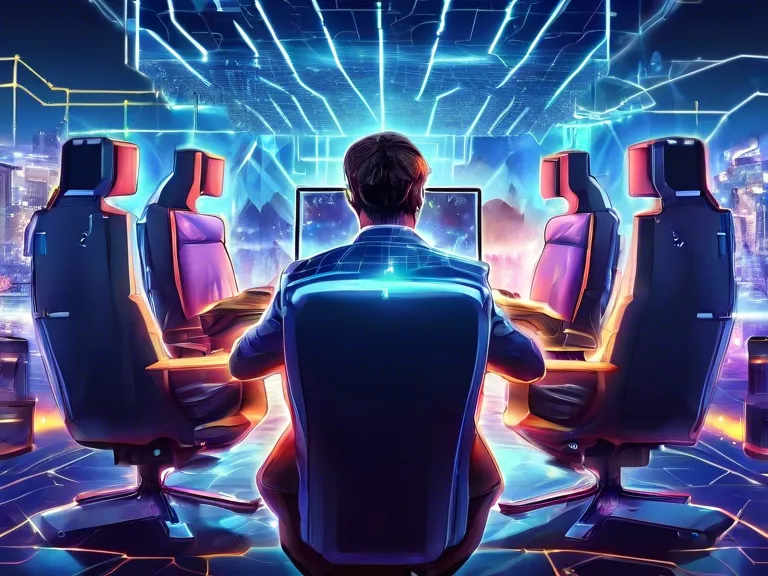
Artificial intelligence (AI) is revolutionizing the gaming industry by propelling it into new and exciting territories. From enhancing gameplay experiences to creating dynamic virtual worlds, AI is playing a crucial role in shaping the future of gaming landscapes.
One of the key ways AI is making an impact in gaming is through procedural generation. This technique allows AI algorithms to generate game content such as levels, maps, and missions in a randomized manner, making each playthrough unique and engaging for players. By using AI in procedural generation, developers can create vast and diverse gaming worlds that offer unlimited possibilities for exploration and discovery.
AI is also being used to improve player experiences through adaptive game mechanics. For example, AI algorithms can analyze a player's behavior and skill level in real-time, adjusting the difficulty of the game accordingly to provide a challenging yet enjoyable gameplay experience. This personalized approach not only keeps players engaged but also encourages skill development and progression.
Furthermore, AI-powered virtual assistants are becoming increasingly popular in gaming, acting as guides, companions, and even adversaries within game worlds. These intelligent NPCs (non-playable characters) can interact with players, adapting to their actions and choices to create immersive storytelling experiences. By using AI to create dynamic and responsive virtual characters, developers can elevate the storytelling and gameplay elements of their games to new heights.
In addition to enhancing gameplay experiences, AI is also playing a significant role in optimizing game development processes. AI technologies such as machine learning and predictive analytics are being used to streamline game design, testing, and optimization, saving developers time and resources while improving the quality of their games.
Overall, AI is reshaping the future of gaming by unlocking new possibilities and pushing the boundaries of what is possible in game design and development. As technology continues to evolve, AI will undoubtedly play an increasingly important role in shaping the gaming landscapes of tomorrow.
